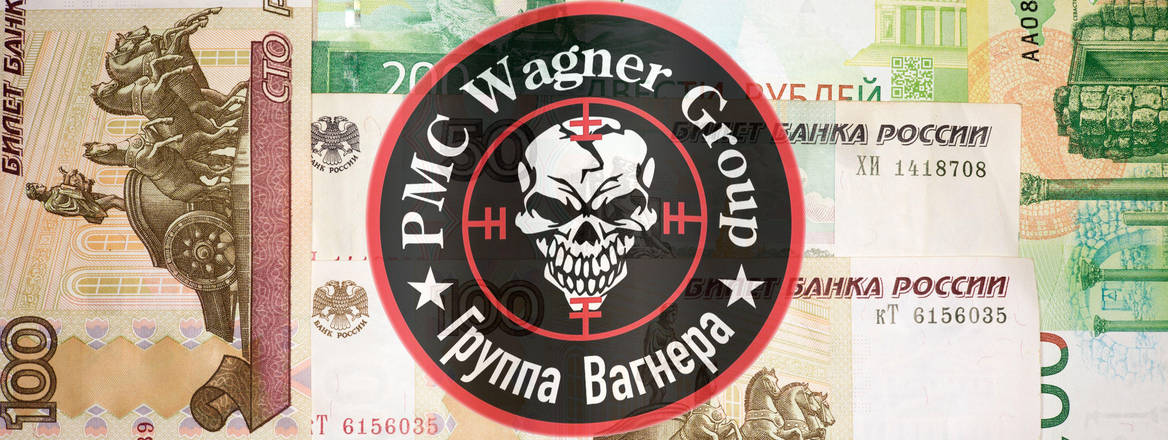Wagner’s Business Model in Syria and Africa: Profit and Patronage
This paper examines whether the Wagner Group was profitable under its founder Yevgeny Prigozhin, what its business model meant for Russia and Russia’s geopolitical rivals in the recent past, and what the model could mean in the future.
The paper’s main focus is on three case studies: Syria, the Central African Republic (CAR) and Mali, but Wagner as a whole is also considered. To assess the group’s profitability, the paper aggregates various sources of financial information to understand Wagner’s financial model, its revenue sources and its costs.
Some of Wagner’s deployments were loss making, others barely profitable and some very profitable (the CAR and Syria). It was part of its venture-capitalist business model that failures should happen and were even deemed acceptable, if other operations produced sufficient revenue. Moreover, Prigozhin engaged in his Wagner business also because the favours that his Russian businesses received from President Vladimir Putin were likely conditional on Prigozhin returning them, including by serving the geopolitical interests of Russia abroad.
Wagner did not make huge profits overall, especially when the risks involved are considered. Prigozhin made his money with his Russian businesses. It is clear that his ventures in Africa and the Middle East did not contribute significantly to Russia’s coffers, whether in terms of taxes paid or any other way. That does not even appear to have been the purpose: rather, they were intended to sustain Russia’s foreign policy initiatives. At least in the short term, this objective was achieved.
Prigozhin’s death raised serious questions about the sustainability of the Wagner business model. The Russian government did try to encourage other tycoons linked to the Kremlin, such as Gennady Timchenko and Arkady Rotenberg, to adopt the model, but neither showed much enthusiasm nor managed to replicate Prigozhin’s mix of shadowy but entrepreneurial business operations. This resulted in Wagner’s activities in Africa being curtailed, but not dismantled.
Wagner’s colonial-style business model only really took hold in the CAR and Syria. In Syria, the model became unacceptable even to Bashar al-Assad’s regime, despite its heavy dependence on Russian support. The prospects for it being replicated elsewhere now look remote, not only because of the rarity of Prigozhin’s ‘talent’, but also because it clashes with increasingly nationalist African and Middle Eastern environments. Wagner may be described as a product of a phase of oligarchic politics in Russia, when Putin saw wealthy cronies as a more viable business model than Russia’s rusty state apparatus, even in foreign policymaking.
The paper stresses that any revenue accruing to Wagner from its extractive operations needs to be offset against costs. Large deployments of fighters and equipment are very burdensome financially, and big revenue-generating businesses would be needed to justify them. With Prigozhin gone and given the lack of appetite for his neo-colonial approach among governments who might make use of Wagner’s style of operations, a more feasible approach for achieving substantial profits in the future would be a focus on smuggling. Wagner was already engaged in such activities, for example with the Captagon amphetamine trade in Syria. It is far from clear, however, that Russia will allow Wagner to focus on smuggling activities, which would be difficult to control from Moscow. Moreover, such operations could well undermine Russia’s diplomatic aims.
WRITTEN BY
Olivia Allison
RUSI Associate Fellow, CFS
Nick Connon
Dr Antonio Giustozzi
Senior Research Fellow
Terrorism and Conflict




